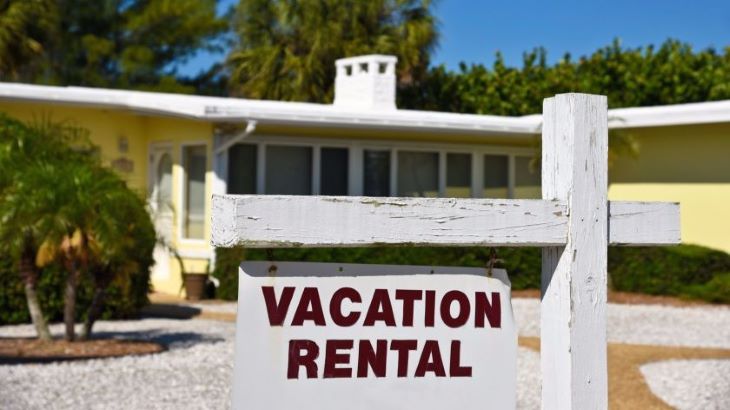County staffers have held preliminary discussions with the four lower-tier townships about the possible implementation of a regional short-term rental (STR) bylaw, and how it will be rolled out.
A policy has been in the works for several years. Highlands East was the first township to discuss regulating the industry in 2018, with Algonquin Highlands also spending time on the file. County staff has been actively working on a document since August 2022. The upper-tier council approved a plan on July 26.
The idea, according to Steve Stone, the County’s director of planning, is to introduce legislation that will help the townships properly, and consistently, police short-term rentals. Owners will be required to apply for a license and adhere to municipal codes of conduct, have their property inspected for Ontario Building Code, fire compliance, and septic system performance.
They will also be subject to more stringent rules regarding the number of guests allowed at a site, while bad behaviour and circumventing of the rules will lead to the issuing of demerit points, fines, and possible suspension of a license.
The bylaw would require STR operators to apply for a license every year, with a $500 application fee discussed. Stone noted that number was not final, and was well below other communities that license STRs. The City of Orillia recently adopted a bylaw that includes a $2,000 application fee.
Municipal staff had suggested a few changes to the County document, with the most significant centering on not allowing the use of bunkies and cabins.
There was also a request that the rental of additional residential dwelling units not be allowed so as to maintain and promote the rental of these units over the long-term, while an amendment outlining that floating accommodations will not be considered for an STR license was also suggested.
Stone said he is now working to present draft bylaws to the four lower-tier townships, and was hoping to start presenting to councils next month.

